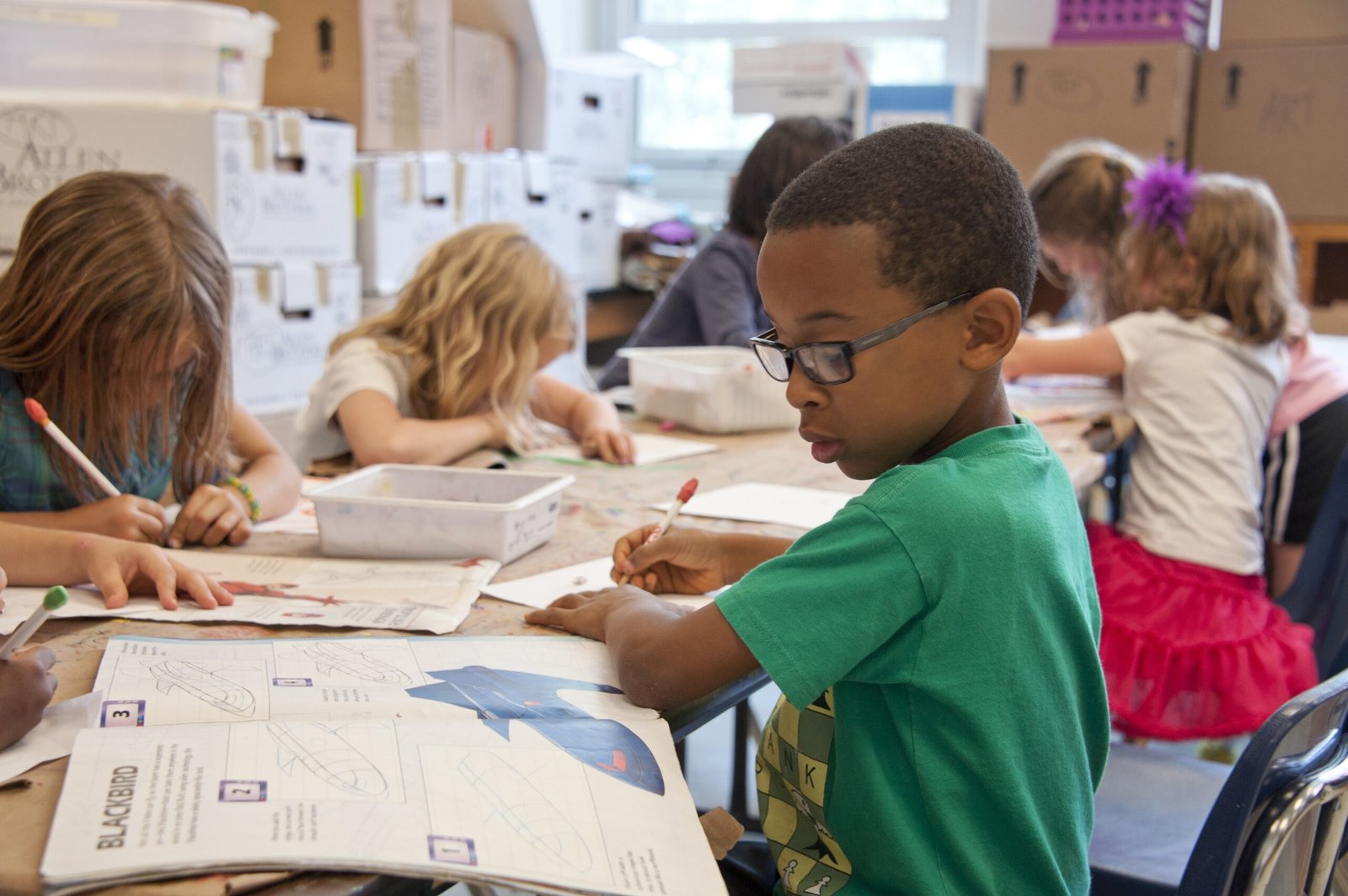 The coronavirus pandemic has brought about a momentous surge in homeschooling in the United States, reshaping the landscape of education. Despite schools reopening and widespread vaccine availability, a substantial number of parents have chosen to continue homeschooling their children. This article explores the reasons behind this trend and its implications for the future of education.
The coronavirus pandemic has brought about a momentous surge in homeschooling in the United States, reshaping the landscape of education. Despite schools reopening and widespread vaccine availability, a substantial number of parents have chosen to continue homeschooling their children. This article explores the reasons behind this trend and its implications for the future of education.
Unveiling the Numbers
Data obtained and analyzed by The Associated Press reveals that homeschooling numbers have experienced a significant increase. While there has been a slight dip from last year’s record high, homeschooling remains well above pre-pandemic levels. In 18 states that provided data, homeschooling students rose by 63% in the 2020-2021 school year and decreased by only 17% in the following year. Before the pandemic, homeschooling accounted for around 3% of U.S. students, but this surge has challenged that statistic and sparked renewed discussions about homeschooling’s place in mainstream education.
Voices of Empowered Parents
Linda McCarthy, a suburban Buffalo mother of two, made the decision that her children would never return to traditional school. Dissatisfied with the remote learning offered during the abrupt school closures in 2020, McCarthy began homeschooling her then fifth and seventh grade children. She felt confident that she could provide a superior education tailored to her children’s interests, learning styles and schedules.
“There’s no more homework ’til the wee hours of the morning, no more tears because we couldn’t get things done,” McCarthy said. Her children thrived in this new educational environment.
Laine Bradley, a mother from Raleigh, North Carolina, discovered the shortcomings of the school system when remote learning began. She realized that the curriculum lacked representation and relevance for Black families.
“I think a lot of Black families realized that when we had to go to remote learning, they realized exactly what was being taught. And a lot of that doesn’t involve us,” Bradley said. She made the decision to homeschool her 7, 10 and 11-year-old children, incorporating subjects like financial literacy, Black history and Caribbean history into their education. This allowed her to provide a personalized and culturally enriching learning experience.
Implications and Debates
The unprecedented surge in homeschooling has raised important questions about its impact on public school enrollment, future funding and the need for regulations. State legislatures across the country are grappling with the issue, considering measures to either relax or tighten regulations for homeschooling families.
While proponents of more oversight emphasize potential cases of child abuse or neglect, others argue for less regulation in the name of parental rights and autonomy in education. The absence of federal guidelines has resulted in varying reporting requirements across states, ranging from minimal information to comprehensive instruction plans and assessments.
Andrew Bacher-Hicks, a researcher from Boston University, suggests that the surge in homeschooling may be attributed to a combination of COVID-related concerns and dissatisfaction with the quality of education provided by schools.
“It’s really hard to disentangle those two things because all of this is kind of happening at the same time,” Bacher-Hicks said. “But my guess would be that a large part of the decisions to exit from the system do have to do with COVID-related issues.”
The coronavirus pandemic has triggered an extraordinary increase in homeschooling, transforming the educational landscape in the United States. Parents, dissatisfied with remote learning and inspired by the opportunity to tailor their children’s education, have chosen to continue homeschooling even after schools reopened. The implications of this surge continue to fuel debates about regulations, funding and the future of education.
EduMonitor is a comprehensive PreK-8 learning program. Visit EduMonitor for PreK–8 learning resources! Use Promo Code PreK-8LEARN to get 10% off subscription.
